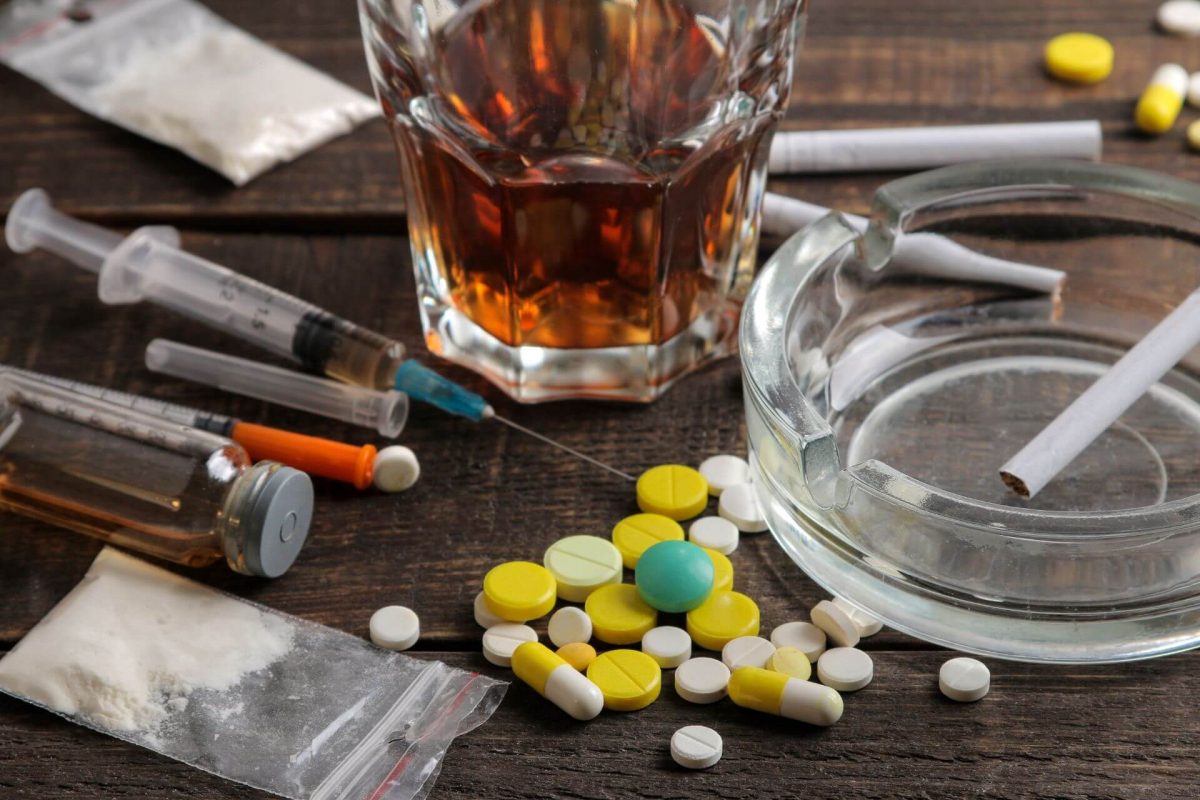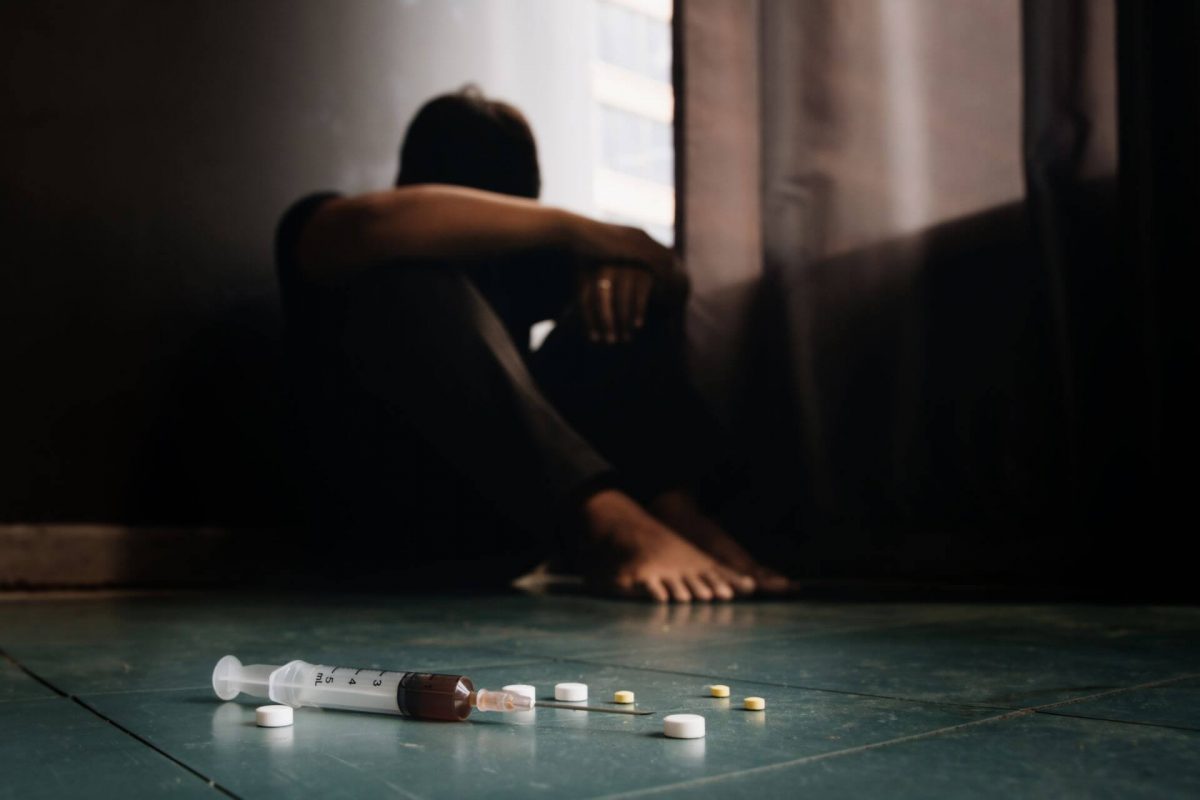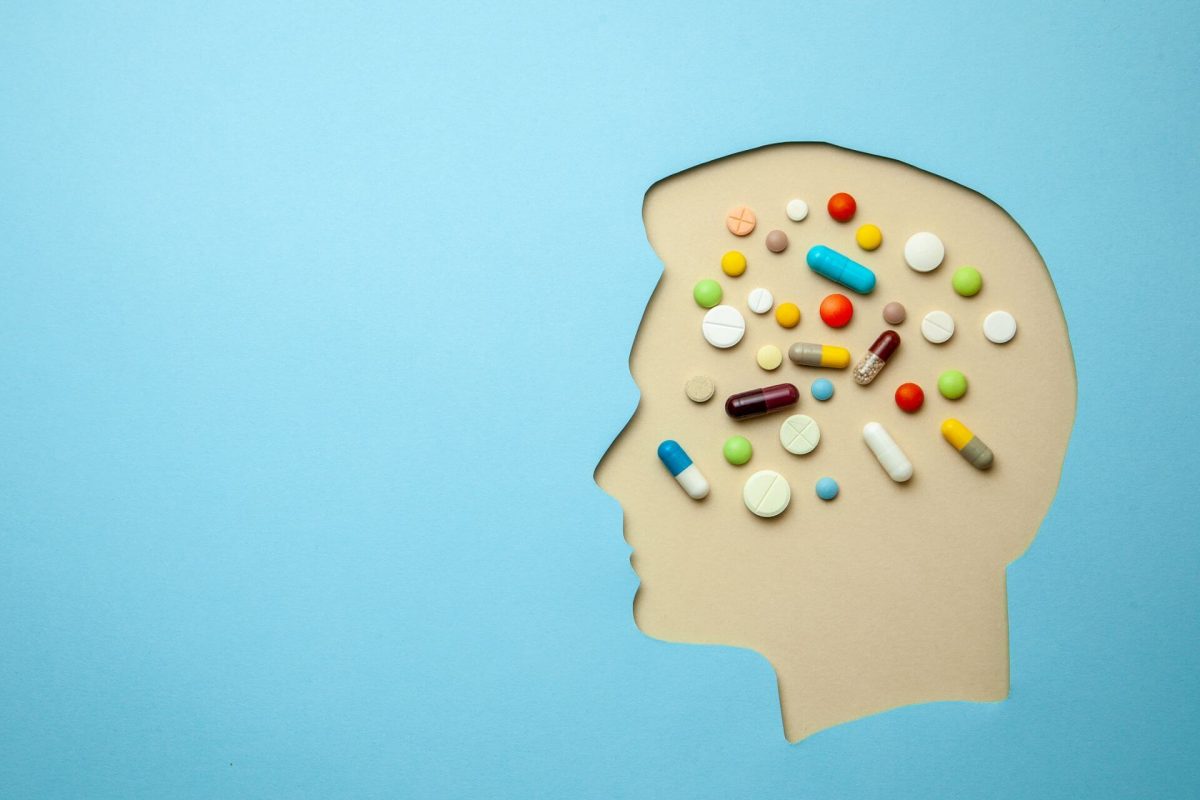Repeated drug use progresses from dependence and tolerance to addiction, known as substance use disorder. Addiction is a complex brain disorder and a mental illness caused by harmful substances that change how nerve cells send, receive and process information.
It’s helpful to know how drugs alter your brain structure to understand the mental disorder better. Let’s delve into drug toxicity’s effect on brain chemistry, how addiction develops and why neuroplasticity gives us hope for recovery.
Which parts of your brain are affected by drugs?
Long-term use of illegal and prescribed drugs interrupt the natural function in three areas of your brain:
Limbic system
The limbic system is a complex network of structures in the forebrain that controls emotional and behavioural responses needed for survival, such as eating, drinking, reproducing, and protecting yourself. The feel-good hormone – dopamine – generated in the limbic system prompts us to repeat the behaviour for reward.
Repeated drug use hijacks the limbic system and disturbs the natural tempo of emotional and behavioural responses.
Cerebral cortex
The cerebral cortex is the ‘thinking hub” of your brain. It is the outermost layer and is three-fourths of your grey matter. It comprises four lobes; the frontal lobe, parietal lobe, temporal lobe, and occipital lobe. The cerebral cortex is responsible for controlling the voluntary movements of your muscles, drives your ability to plan, make decisions and solve problems, and process information.
Repeated drug use affects brain chemistry in the cerebral cortex and changes how information is processed.
Brain stem
Your brain stem keeps you alive by functions such as breathing, swallowing, heart rate, digestion and blood circulation. The stem links the brain to the spinal cord, channelling chemical messages to keep your body working as nature intended.
Repeated drug use affects the natural flow of information from your brain to parts of your body, including your heart, lungs and kidneys. Overdose symptoms occur when the brain stem starts to fail, such as breathing difficulties, heart attack, and kidney or liver failure.
How drugs mess with your brain

Illegal drugs and prescription medications work in two ways:
Imitate neurotransmitters
Depressant drugs (marijuana), opioids (heroin) and prescription opioids (OxyContin) imitate natural chemical messengers called neurotransmitters. They attach themselves to brain receptors, trick them into ‘letting them in’ and activate the nerve cells. The ‘fake’ neurons send and receive deviant messages that wreak havoc on your brain and body functions.
Overstimulate your brain’s reward circuit
Stimulant drugs like cocaine and meth overstimulate the brain’s reward circuit and disrupt how your brain naturally recycles dopamine, a chemical messenger that influences how we experience ‘feel good’ activities.
Your limbic system releases dopamine in anticipation of pleasurable and rewarding activities and fuels your natural response to them. You naturally seek out the activity repeatedly to get more of the ‘good feeling’ hormone. It’s nature’s way to get us to eat, drink, reproduce etc., for survival.
Excess dopamine in your limbic system creates an intense motivation – craving – to compulsively seek out activities that are rewarding (euphoria).
How does your brain deal with drugs?

Drugs disrupt nerve impulses between neurons (neurotransmissions) or between muscle fibres and neurons, changing your brain chemistry and how neurons talk to each other and the rest of your body.
In response, your brain reduces or shuts down neuroreceptors or releases less dopamine to combat the presence of harmful substances in your body (imitation or overstimulation). Drug toxicity also kills off neurons.
The ‘new’ brain chemistry becomes the norm, meaning you develop a tolerance to drugs in your central nervous system. Your capacity to feel pleasure scales down, either because your limbic system releases less dopamine or because your brain shuts down dopamine receptors.
Now, your brain has developed a tolerance to harmful substances. To get the same ‘high’, you have to use more of it more often. The ‘tolerance’ stage is a precursor to addiction.
When you reduce or quit using drugs, the brain corrects itself again, which you experience as withdrawal symptoms. Eventually, you develop substance use disorder, which is a complex brain disease. ‘Rewiring’ deeply ingrained brain chemistry is challenging when you have used drugs for a long time.
Other ways drugs destroy your health

We’ve focused on how drugs change your brain structure and can cause irreversible brain damage and mental illness, but secondary issues contribute to the problem. Drugs deprive your brain tissue of oxygen and valuable nutrients.
Oxygen deprivation
Depressants drugs (heroin and benzos) slow down your breathing and reduce airflow, which can cause respiratory distress or failure. Your brain, organs, muscles and tissues suffer and deteriorate because of low blood oxygen concentration. The tragic outcome is brain cell death, hypoxia, coma or death.
Nutrient deficiency
The long-term side effects of nutrient deficiency are a host of mental conditions such as anhedonia, dementia, Wernicke-Korsakoff Syndrome and drug-induced psychosis. Anhedonia is the inability to feel pleasure (without the substance), and Wernicke-Korsakoff Syndrome is a progressive mental illness caused by the lack of thiamine or vitamin B-1.
Can your brain recover from addiction?

The brain is an incredible organ and constantly adapts to changes. Your brain’s ability to reorganise itself is known as neuroplasticity, or brain plasticity or malleability. It means you can perform challenging tasks, learn new skills, process information better and store memories efficiently even when parts of your brain are damaged.
There is no quick-fix cure for substance use disorder, but it is possible to form new neural connections that will help you modify your behaviour thanks to neuroplasticity. Brain’s plasticity is boosted with an integrated addiction treatment Program that combines medications, psychotherapy and holistic therapies that heal your mind, body and soul.
What is neurplasticity?
Neuroplasticity is your brain’s ability to change its neural structure. It means your brain can create new neuron connections and purge broken links. Your brain adapts to changes and creates new pathways for electrical impulses and chemical signals that carry messages between your brain, organs, muscles, nerves and tissues.
Why neuroplasticity is a double-edged sword?
Neuroplasticity is a physiological gift that allows your brain to adapt to neurological changes to function normally. It’s also the root cause of drug addiction. Your brain adapts to dopamine surges by shutting down receptors or reducing the amount of dopamine released by the limbic system. Repeated drug use drives neuroplasticity, further decreasing the effect of drugs and results in substance tolerance.
Neuroplasticity allows your brain to adapt to drug abuse, where it becomes the ‘new normal. The only problem is your organs, muscles, and tissues don’t benefit from brain plasticity and eventually shut down.
How does neuroplasticity help addiction recovery?
When parts of your brain are weakened or damaged by drugs, neuroplasticity allows it to bypass broken neuron lanes and create new routes to transfer messages. It’s implausible your brain can ‘sprout’ brand new neurons, but rehabilitation therapy can help develop new connections to repair brain structures and improve how you function.
Physical exercise
Physical exercise boosts the creation of new blood vessels, known as angiogenesis. High cardio exercise floods your brain with much-needed oxygen, which encourages the growth of blood vessels that connect the heart with all the organs and tissues in your body.
The best exercise for angiogenesis is aerobics, running, swimming, speed walking and cycling.
Brain games
Brain games or cognitive exercises stimulate the creation of new synapses, known as synaptogenesis. Synapses are nerve impulses that connect sensory organs in your central nervous system, allowing you to experience touch, taste, smell and feel pain. Synapses pass chemical messages back and forth from your brain and nerves.
The best activities for synaptogenesis are mindful meditation, art and music therapy, doing crossword puzzles and playing board games.
Talk therapy
Researchers have shown that talk therapy (psychotherapy) strengthens connections in your brains and builds new neural pathways. The good news is your brain’s plasticity – its incredible ability to change – allows you to master new skills, make better decisions and change your behaviour.
The best talk therapy for neuroplasticity is cognitive behavioural therapy (CBT) and dialectical behavioural therapy (DBT).
Brain food
It is essential to eat healthy, balanced meals in addiction recovery. It helps to increase the amount of fruit, vegetables, legumes, whole grains you eat, as well as plant-based protein, fatty fish, canola, or olive oil. Try to reduce or eliminate saturated fats in your diet. Research shows that brain food helps boost concentration and memory and slows down cognitive deterioration.
We’re here to help.
Contact us today if you’d like a confidential and free chat with one of your highly-trained addiction professionals at White River Manor in South Africa.

